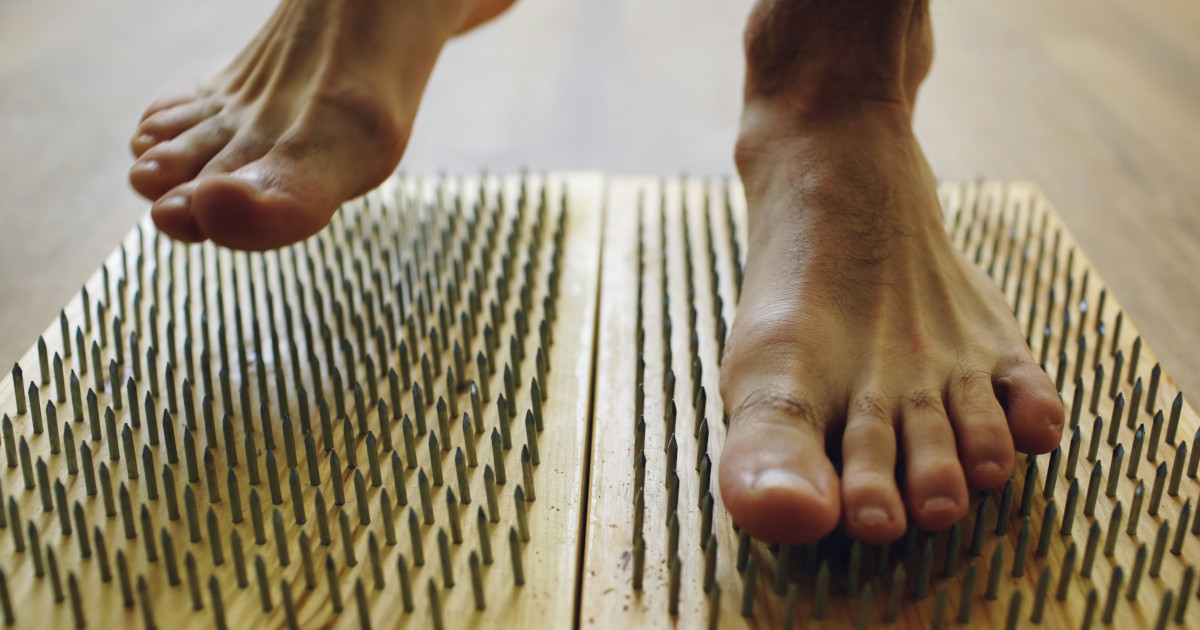
Struggling with Conception After Birth Control? Here’s What You Need to Know
The journey to conception can be challenging, and it’s estimated that around 6 million American women of childbearing age are dealing with infertility. If you and your partner are finding it harder than expected to conceive, you’re not alone.
For women who have used birth control pills, conceiving may come with added complications. While many women’s cycles normalize within six months of stopping the pill, some may experience persistent irregularities, a condition known as post-pill amenorrhea. This can make it difficult to pinpoint your fertile window each month.
Oral contraceptives can significantly impact your hormone balance, liver, thyroid, and overall hormonal communication. When you take synthetic hormones, your body’s natural hormone production can be suppressed. This disruption in the feedback loop between your brain and hormone glands might cause ongoing issues when you stop the pill.
Additionally, about 20% of the population are slow methylators, and birth control pills can exacerbate this issue. Slow methylation can hinder the body’s ability to detoxify environmental toxins and has been linked to an increased risk of certain health conditions.
Understanding these effects is crucial for those trying to conceive. If you’re facing difficulties or have concerns about how past birth control use may be affecting your fertility, consider exploring natural ways to support your hormonal health and address these challenges.
Let’s work together to support your fertility and hormonal health—naturally.
Book a free discovery call today.




